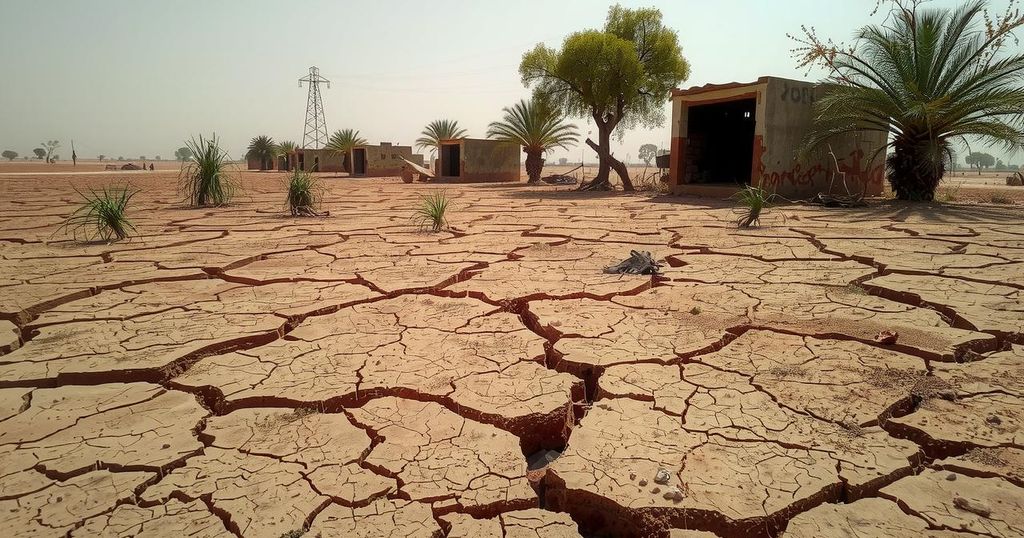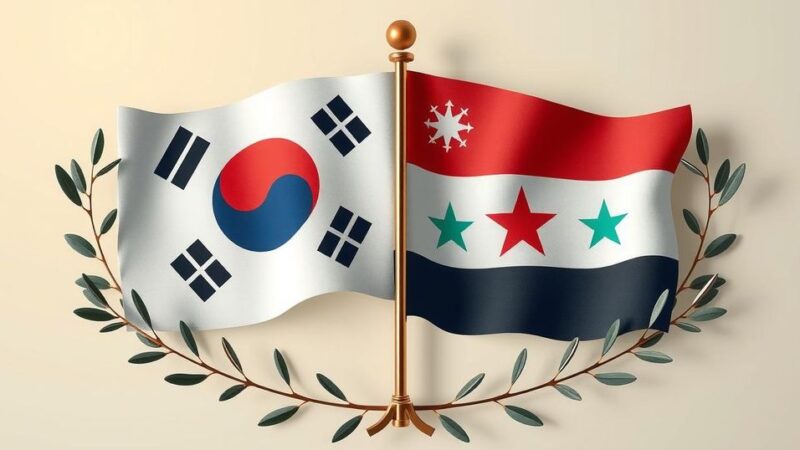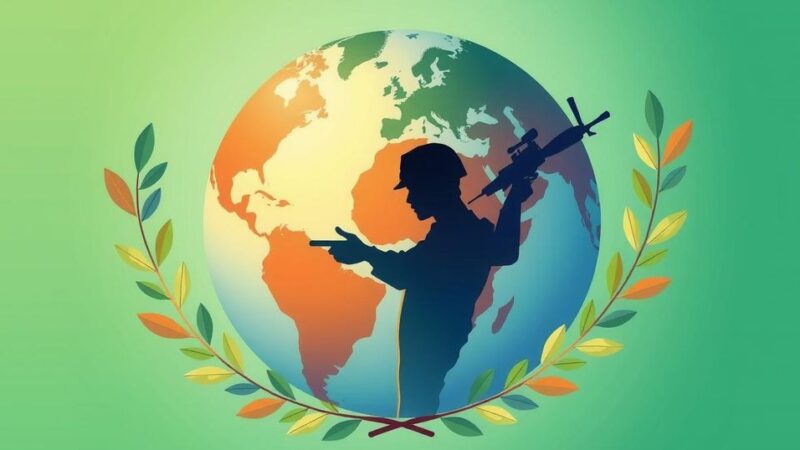South Sudan confronts a severe humanitarian crisis, with 7.7 million experiencing critical food insecurity due to escalating conflict. The WFP reports a significant impact on returnees from Sudan. Compounded by a cholera outbreak, women and girls face heightened vulnerability. Urgent funding and support are required to address these challenges and prevent further deterioration.
The humanitarian situation in northeastern South Sudan has reached a critical juncture, with approximately 7.7 million individuals confronting severe food insecurity, as noted by the UN’s emergency food relief agency. The dire conditions are particularly affecting returnees from Sudan, who make up nearly half of those facing extreme hunger. The additional pressure from over 1.1 million displaced persons has fraught existing resources and relief programs, as reported by the UN World Food Programme (WFP). With the onset of the pre-harvest lean season, deteriorating conditions are anticipated, prompting WFP to urge donors to increase support to prevent a worsening humanitarian disaster.
Since its independence in 2011, South Sudan has suffered from ongoing conflict and instability. A civil war erupted in 2013, pitting supporters of President Salva Kiir against those allied with his former deputy, Riek Machar. Despite a fragile peace agreement signed in 2018, escalating tensions among leaders, including Mr. Machar’s recent house arrest, incite fears of renewed civil strife.
The crisis encompasses not only hunger but also a cholera outbreak in the challenged Upper Nile state. In response, the WFP has airlifted 35 metric tons of aid, with additional supplies poised for delivery when security permits. Efforts are underway to assist over 450,000 individuals facing emergency or catastrophic hunger levels. However, ongoing conflict has stalled aid operations in six counties.
Women and girls are disproportionately affected as conflict and hunger escalate. Many have been forced to flee for safety multiple times, facing harassment while searching for food and resources. In response, UN agencies like UNFPA are establishing safe spaces for women, which provide shelter, mental health support, skills training, and vital information regarding gender-based violence. However, a decline in funding threatens the operation of these spaces, with at least two expected to close by May.
UNFPA Executive Director Dr. Natalia Kanem has emphasized the critical need for resources, stating that “every dollar matters, every intervention counts, and every life saved is a step toward peace.” The agency urgently seeks $8.8 million to maintain essential services but has garnered only a fraction of the funds needed.
In summary, South Sudan faces an alarming humanitarian crisis marked by severe food insecurity affecting millions, particularly returnees from Sudan. The ongoing conflict complicates aid efforts, leading to dire conditions for affected communities. Women and girls are predominantly suffering, necessitating urgent intervention and funding to provide essential services. Without increased support, the situation is likely to worsen, emphasizing the importance of donor involvement in averting further catastrophe.
Original Source: news.un.org






